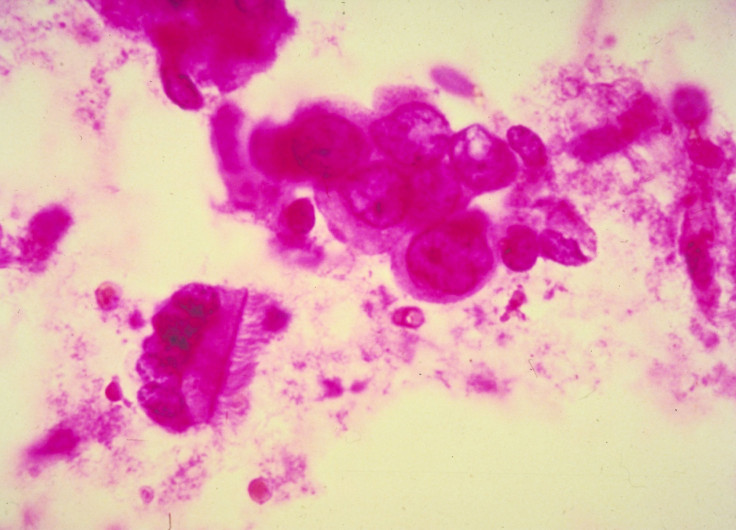Growth Of Breast Cancer Cells May Be Reduced By Melatonin, New Study Finds

A new study shows that melatonin, a hormone that maintains the body’s circadian rhythm may also be helpful in suppressing the growth of breast cancer tumors.
A person develops breast cancer when cells in the breast begin to grow out of control, forming a tumor. If the tumor is cancerous, the cells can grow into surrounding tissues and can also spread to other areas of the body. Published in the latest issue of the journal Genes and Cancer, the study stating the benefits of melatonin was based on the work by researchers at Michigan State University (MSU).
“You can watch bears in the zoo, but you only understand bear behavior by seeing them in the wild,” co-author David Arnosti, director of MSU’s Gene Expression in Development and Disease Initiative, said in a press release. “Similarly, understanding the expression of genes in their natural environment reveals how they interact in disease settings. That’s what is so special about this work.”
Melatonin is manufactured by the brain specifically at nighttime and many have suggested that because of a lack of sleep that has become characteristic of the modern society, women are at higher risk for breast cancer due to shortage of the hormone. The study goes on to show that melatonin suppresses the growth of breast cancer stem cells.
For the purpose of the research, scientists grew tumors from stem cells, known as mammospheres. The growth of these was then enhanced by using chemicals known to fuel tumor growth — natural hormone estrogen, and the similar chemical Bisphenol A (BPA), found commonly in plastic food packages.
It was found that melatonin treatment decreased the number and size of mammospheres significantly compared with the control group. The research also showed that even when the cells were stimulated by estrogen or BPA and treated with melatonin simultaneously, the number and size of mammospheres decreased.
“This work establishes the principal by which cancer stem cell growth may be regulated by natural hormones, and provides an important new technique to screen chemicals for cancer-promoting effects, as well as identify potential new drugs for use in the clinic,” said James Trosko, the study's co-author and a professor at MSU's Institute of Integrative Toxicology, in the statement.
However, even though the discovery is a great step in the direction of a solution, treatments based on this are still not within reach. The study will provide scientists a basis for further research.
Published by Medicaldaily.com



























